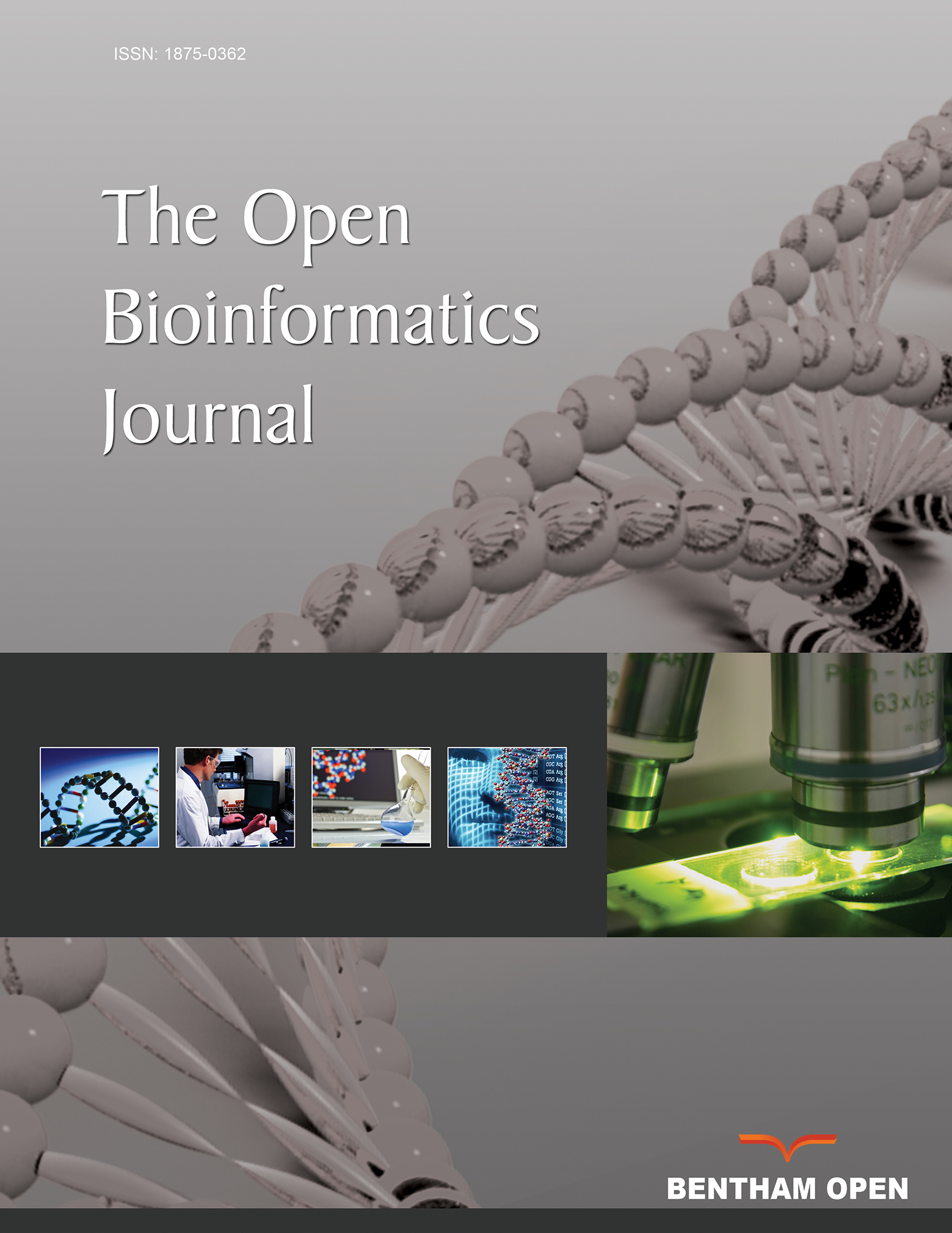All published articles of this journal are available on ScienceDirect.
Community Annotation and the Evolution of Cooperation: How Patience Matters
Abstract
We investigate why biologists fail to contribute to biological databases although almost all of them use these databases for research. We find, using evolutionary game theory and computer simulations, that (a) the initial distribution of contributors who are patient determines whether a culture of contribution will prevail or not (b) institutions (where institution means “a significant practice, relationship, or organization in a society or culture”) that incentivize patience and therefore limit free riding make contribution more likely and, (c) a stable institution, whether it incentivizes patience or not, will increase contribution. As a result we suggest there is a trade-off between the benefits of changing institutions to incentivize patience and the costs of the change itself. Moreover, even if it is possible to create institutions that incentivize patience among scientists such institutions may nevertheless fail. We create a computer simulation of a population of biologists based on our theory. These simulations suggest that institutions should focus more on rewards rather than penalties to incentivize a culture of contribution. Our approach therefore provides a methodology for developing a practical blueprint for organizing scientists to encourage cooperation and maximizing scientific output.


